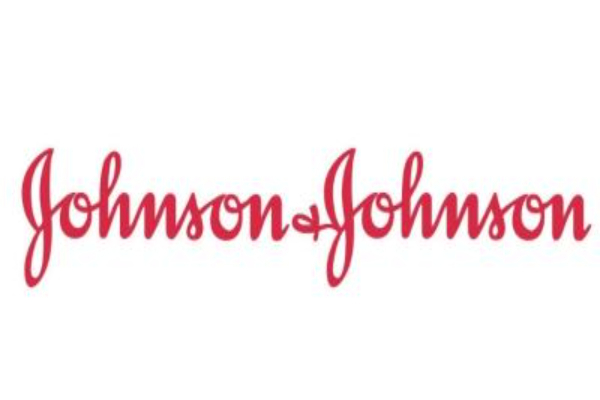This approval is based on positive results from two Phase 3, global, double-blind, placebo-controlled trials

Johnson & Johnson has gained FDA approval for CAPLYTA (lumateperone) as an adjunctive therapy for major depressive disorder in adults, offering new hope for millions of Americans living with persistent depressive symptoms.
The approval positions CAPLYTA as a fast-acting, well-tolerated option that doesn’t require dose titration, while minimising the weight gain and metabolic side effects often associated with other treatments. This marks a major step forward in expanding treatment choices and giving patients a real path toward remission and lasting wellness.
MDD, or clinical depression, is one of the most common psychiatric disorders, affecting about 22 million American adults. While oral antidepressants may offer relief for some, 2 in 3 people living with MDD continue to experience residual symptoms despite treatment, significantly impacting their overall quality of life. Beyond its toll on patients’ wellbeing, MDD has a substantial economic burden and is the leading cause of disability in the U.S.
“Depression is a complex disorder that affects each person differently, underscoring the urgent need for a range of effective and well-tolerated treatment options,” said Roger S. McIntyre, Professor of Psychiatry and Pharmacology, University of Toronto.
“For people who are still experiencing lingering depressive symptoms while on an antidepressant, adding CAPLYTA to a patient’s treatment regimen may offer early improvement, with the potential for remission—the ultimate goal of treatment.”
This approval is based on positive results from two Phase 3, global, double-blind, placebo-controlled trials – Study 501 and 502 – which both met their primary and key secondary endpoints, providing statistically significant and clinically meaningful improvement in depression symptoms compared to an oral antidepressant plus placebo, as measured by Montgomery-Asberg Depression Rating Scale (MADRS) and Clinical Global Impression Scale-Severity index (CGI-S) total scores.
In pivotal trials, the pharma giant said,bthe CAPLYTA safety profile was consistent with the existing body of clinical data in its schizophrenia and bipolar depression I and II indications. No new safety concerns were identified. Weight gain and metabolic changes (lipid and glucose levels), as well as akathisia and restlessness, were similar to placebo.
Reports of sexual side effects were not common. The most common side effects of CAPLYTA include sleepiness, dizziness, nausea, dry mouth, feeling tired, and diarrhea.
“Major depressive disorder affects millions of Americans, impacting how a person feels, thinks, and acts,” said Michael Pollock, CEO of Depression and Bipolar Support Alliance (DBSA).
“DBSA believes that all individuals have the right to direct their own treatment, and we understand that for many people, ongoing antidepressant therapy alone may not offer meaningful relief. The introduction of new treatment options, and continued innovation in mental health, has enabled us to reset expectations for living with depression and offers people hope that achieving lasting wellness and remission is possible.”

Subscribe To Our Newsletter & Stay Updated